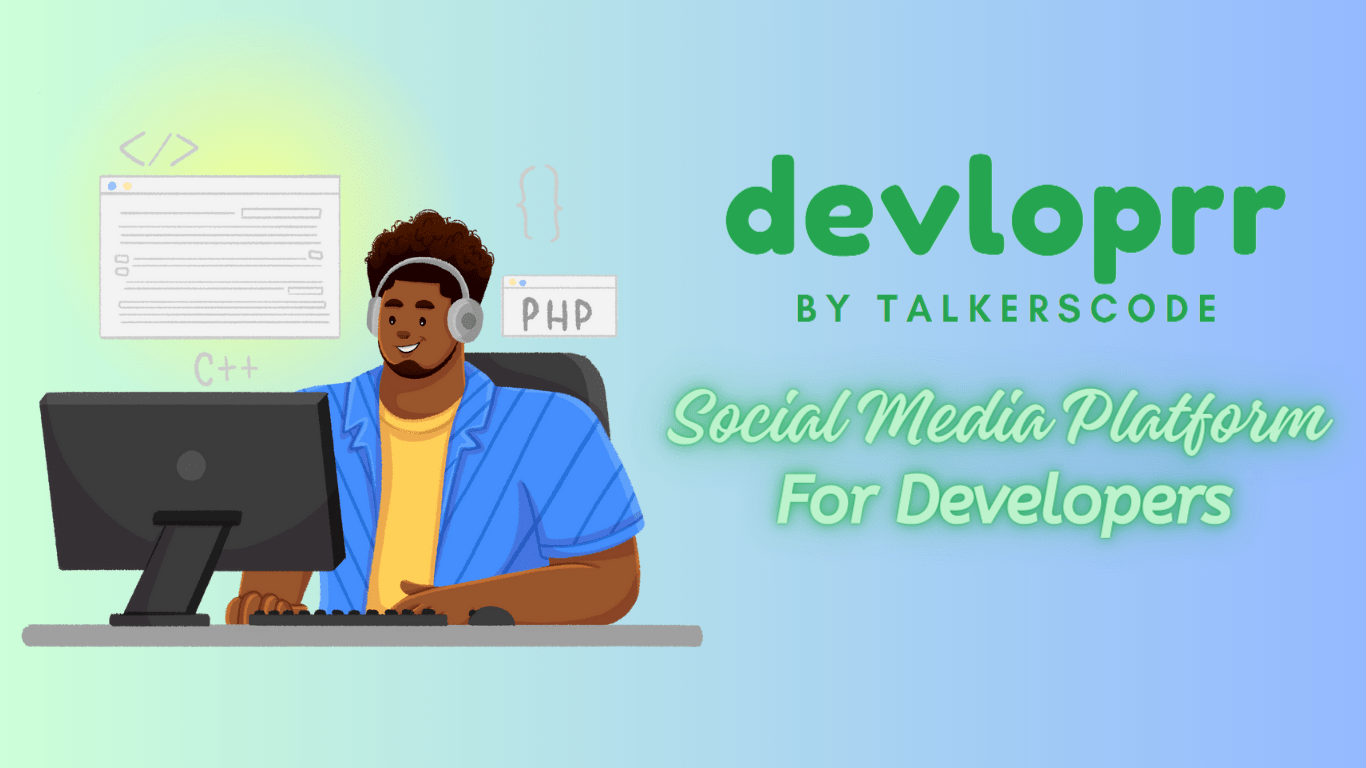I have seen how Artificial Intelligence (AI) has transformed the way businesses operate. AI has become a game-changer in the world of Search Engine Optimisation (SEO) and has provided companies with a new way to gain a competitive edge.
In this article, we will explore how AI can be used in SEO and the benefits it can bring to businesses.
Firstly, AI can be used to analyse data and make informed decisions. This is particularly useful for SEO since it allows you to understand how users interact with your website.
AI can help you to identify the most popular pages on your website, the keywords that drive traffic to your site, and the user behaviour patterns that lead to conversions.
With this information, you can optimise your website for search engines and improve user experience.
Secondly, AI can be used to create personalised content for users. This can be achieved through the use of Natural Language Generation (NLG) technology.
NLG allows you to create content tailored to your target audience's needs. By analysing user data, AI can create content that is relevant to the user’s interests, preferences, and behaviour.
This personalised content can help to improve engagement rates and increase conversions.
Thirdly, AI can be used to automate repetitive tasks. This can be particularly useful for SEO since it allows you to focus on more important tasks such as content creation and link-building.
AI can help you to automate tasks such as keyword research, content optimisation, and link-building. This can save you time and improve the efficiency of your SEO efforts.
Fourthly, AI can be used to improve the accuracy of search engines. AI can help search engines to better understand the context of a search query.
This means that search engines can provide more accurate results to users. This is particularly useful for businesses since it allows them to rank higher in search engine results pages (SERPs).
AI can be used to improve the user experience. This can be achieved through the use of chatbots and virtual assistants.
Chatbots and virtual assistants can help to answer user queries, provide personalised recommendations, and guide users through the buying process. This can improve the user experience and lead to increased conversions.
Expanding on the transformative power of Artificial Intelligence in the SEO world, it's vital to understand its key aspects and components.
AI, with its myriad applications, is significantly impacting SEO strategies, driving higher efficiency, and enabling precise targeting.
Referring back to data analysis, AI-powered tools can delve deeper than standard analytics.
They can assess not just the quantity of your traffic, but also its quality, determining bounce rates, session duration, and click-through rates, among other valuable data.
These tools can segment and analyse the data to understand user behaviour better, predict trends and spot anomalies.
This extensive understanding allows for more accurate SEO adjustments, further optimising the user's journey and potentially increasing conversions.
Moreover, AI's role in content personalisation is a game-changer. AI algorithms can study and learn from the user's browsing history, purchasing behaviour, and interactions on the website.
By consolidating this information, AI can predict the user's preferences and recommend tailored content, creating a personal touchpoint and enhancing customer loyalty.
Additionally, AI automation is revolutionising SEO tasks that were once time-consuming and labour-intensive.
Automation can extend beyond keyword research and link-building to include competitor analysis, broken link fixing, and even on-page SEO audits.
These advancements have dramatically improved SEO professionals' efficiency, enabling them to focus on strategic tasks that AI can't yet handle, such as content ideation and high-level strategy development.
Next, AI algorithms like Google's RankBrain and BERT are crucial in enhancing search engine accuracy. They help understand the searcher's intent better and the context of search queries.
As a result, users get more relevant search results, and businesses that effectively cater to user intent have higher chances of ranking well in the SERPs.
Another critical area where AI is making a significant difference is in user experience. Chatbots and virtual assistants, powered by AI, are now common features on many websites.
They provide real-time, personalised support to users, guiding them through product choices, resolving their queries, and supporting them in their journey to conversion.
This 24/7 assistance significantly enhances user experience and can positively impact SEO.
AI's influence doesn't stop here. It extends to predictive analysis, where AI uses data to forecast user behaviour, market trends, and potential shifts in SEO strategy.
It also enables voice search optimisation, adjusting to the increasing number of voice-based queries.
In summary, AI's impact on SEO is far-reaching. Its capacity to analyse and process massive data, automate repetitive tasks, customise user experiences, and predict trends makes it an invaluable asset for any business aiming to optimise its online presence.
Integrating AI with SEO is no longer an option, but a necessity for businesses that want to stay competitive and achieve sustainable growth in the digital marketplace.
Recommended Articles
Tags - Increase Website Traffic | Published On - 9 Apr 2023
Tags - Increase Website Traffic | Published On - 9 Apr 2023
Tags - Increase Website Traffic | Published On - 9 Apr 2023
Tags - Make Money Online | Published On - 9 Apr 2023




